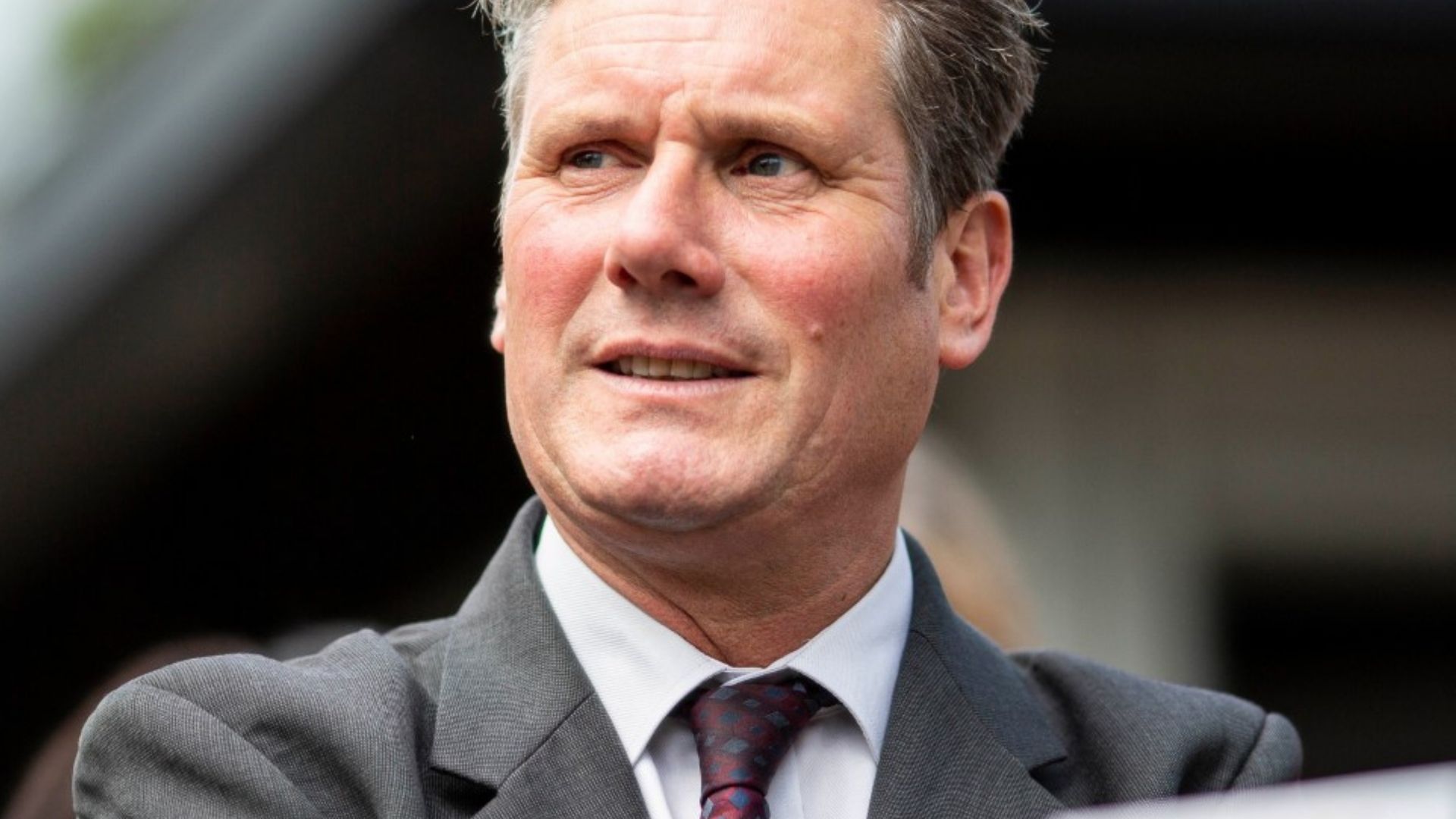You are viewing your 1 free article this month. Login to read more articles.
Prime Minister Keir Starmer’s plans for ‘closer EU ties’ welcomed by book distributors after Brexit ‘disaster’
Book distributors and booksellers have welcomed indications that Prime Minister Keir Starmer plans to forge closer ties with the European Union, saying that Brexit has caused “major disruption” in the book trade, with delays and increased costs.
Last week Starmer said at the end of the NATO summit that “Britain belongs on the world stage” adding that he was “determined to reset our relationship with Europe”.
Meryl Halls, managing director of the Booksellers Association, welcomed the idea that a more Eurocentric Britain might solve some of the delays and additional costs caused by Brexit. Halls explained that Brexit caused ‘major disruptions’ to trading operations and relationships between UK publishers and bookshops in Ireland. She told The Bookseller: “If rumours are true of [making closer] ties with the EU, this would be met by most in the industry as a step in the right direction."
She added: “Not all UK booksellers sell to consumers in the EU, but for those who do—from Waterstones, Blackwells and Foyles to a small but mighty cohort of indie bookselling businesses—Brexit has impacted their opportunities, burdened them with cost and admin and reduced the potential for those trading relationships, so we would welcome any measures which eased the financial and regulatory burden on booksellers of all sizes who want to sell into, and trade with, partners in the EU.”
Davinder Bedi, managing director of BookSource, a book distributor based in Glasgow, echoed Halls’ sentiments, adding that it has also caused his business problems in terms of hiring and staff retention. Bedi told The Bookseller: “The biggest problem we’ve had has been getting books across borders. Before Brexit, it wasn’t a consideration. A customer, whether that’s a private customer or a book chain or a wholesaler in France, Germany, Dublin, if they wanted books, they got books. It was easy. We had Brexit, and almost overnight, it became very difficult indeed. We were not prepared for Brexit, despite what we were told, and we are, however many years on, still encountering the same problems.”
He also said that small independent publishers have been hit hardest by Brexit, adding: “BookSource distributes for a number of small independent publishers. It’s so difficult getting books across borders that it’s just not viable for them to sell books abroad or to the EU anymore.
“So that’s a lost opportunity, a massive lost opportunity. But not just that, booksellers are reluctant to order from small publishers because it becomes costly for them, too. It’s a hassle. It’s another thing that they need to deal with, dealing with customs agents and carriers and fees.”
Bedi would be keen to see the new Labour government negotiate that the UK rejoins the European Union, but doesn’t see that happening any time soon. However, he thinks that a Norway-style trade deal would still be an option. He said: “If we could join the European Economic Area (EEA) through the European Free Trade Association (EFTA) that would be ideal. Countries like Norway, for example, don’t experience these problems because they have joined EFTA.”
Tomás Kenny of Kennys Bookshop and Art Gallery in Galway, Ireland, has experienced the challenges associated with attempting to trade with the UK from inside Europe.
He said: “Trading with the UK after Brexit has been a bit of a disaster, really. Having said that, most of the major suppliers have surmounted the problems. Delivery times might be a little bit longer than they were previously, but they’re not too bad. But every now and then the same problems rear their heads. Something changes and everything gets held up.”
Kenny told The Bookseller that they’ve had to switch suppliers on materials previously bought from the UK, too. “We’re spending less money in the UK than we would have previously,” he said. “The main barriers were largely solved within a few months of Brexit, but the increased costs remain and the increased chances that something is going to go wrong, usually in terms of delivery delays, which is obviously problematic.
“Seeing the UK rejoin the EU would be a happy solution for us. I don’t think this option is on the table. There’s also no guarantee that the EU would want the UK to rejoin given how volatile the three or four years were between the vote and leaving."



















